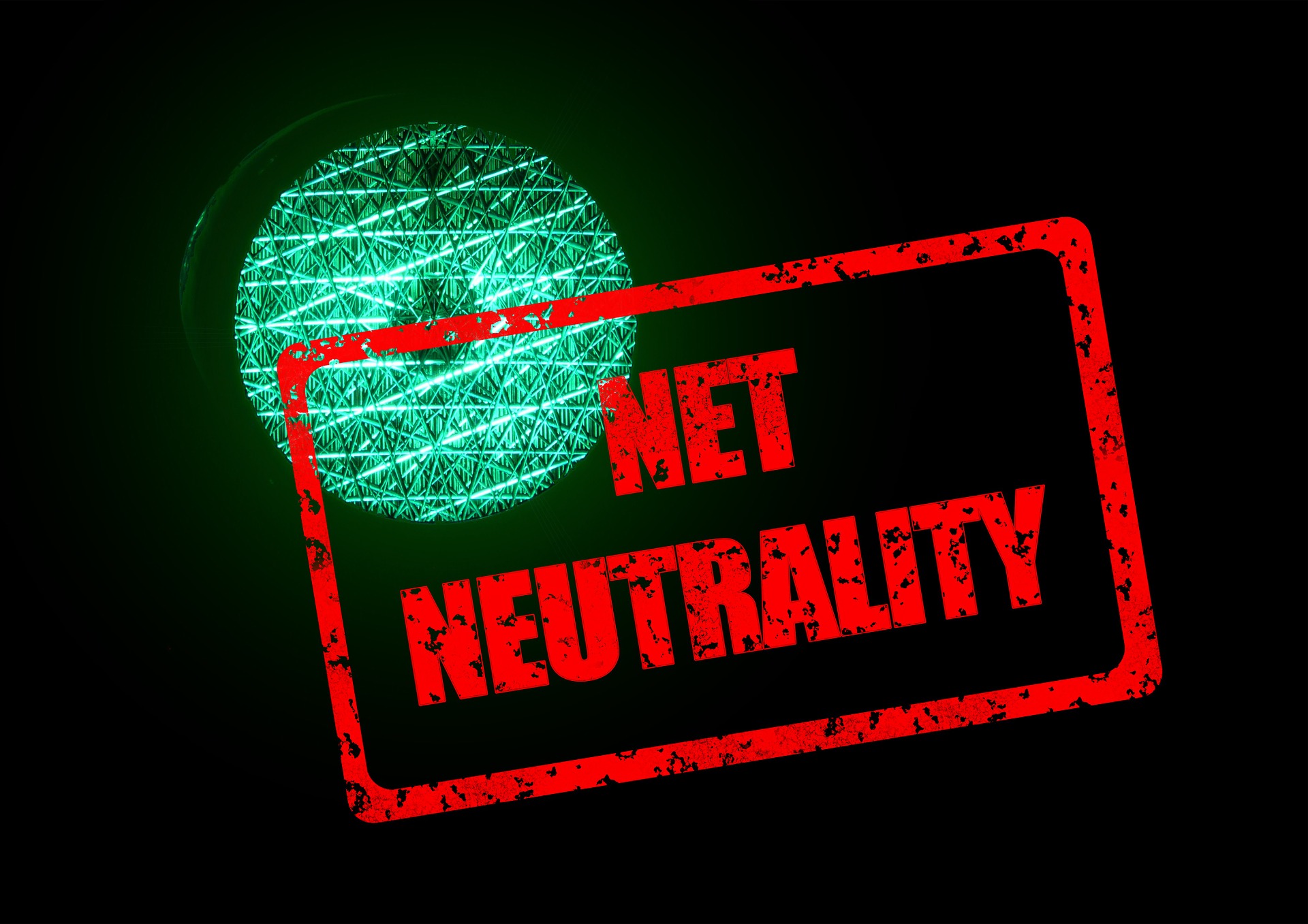Pick nearly any state in the union and likely it has a large swath of rural area and population. Even California, which is rarely thought of as a “rural state,” is still physically more than half rural, with about four million residents living in those areas.
Many assume they know those rural dwellers. However, as it turns out, across the country, rural Americans are different from the stereotypes. According to Bloomberg CityLab, “Only nine percent of rural workers are in agriculture, while 12 percent work in manufacturing. A larger share work at schools, hospitals, or in someone’s home as a caregiver—not on the farm. Some 22 percent are employed in the education and health services industry.”
These rural Americans, with a large variety of careers, have as much interest as anyone in access to broadband, not just to catch the latest entertainment content, swap emails or peruse social media, but for jobs and industry.
From a broad variety of technologies, Broadband Search reports that 99.8% of Californians have wireless access with 99.4% of the state having access to speeds of 10 Mbps or more via wired or wireless. Further, cable broadband service is available to 94.3% of Californians, and fiber reaches 15.7%. Taken together, the state can boast of its broadband access and a technological diversity in broadband provisions, but some rural areas are still challenged with access.
Some see this challenge as an opportunity for government expansion. In Washington DC, some are weaving socialist dreams of spending billions for government to own networks. Others have proposed that the Department of Defense should take over the nation’s 5G future, parceling out leftovers for the country to use. In Sacramento, some propose to heavily regulate the broadband experience that people can have. Under any of these scenarios, citizens would get less, pay more and have less of a voice.
The real government role is much easier. Government needs to stop inhibiting broadband expansion by ending its interference with progress. This in turn will make areas with less densely packed customers still attractive with a viable business case. Specifically, for rural broadband, narrowly targeted public-private partnerships might make sense, but heavy handed regulatory efforts only stifle innovation, not foster it.
Last month, the California Public Utility Commission began a rule making procedure, reportedly to force greater deployment of broadband. The rule making will not enhance broadband in the state. The order seeks to set a politically motivated definition of broadband. While defining a broadband goal in terms of a numerical standard may be interesting for state data compilation or to score political points, it completely misses the point.
Citizens want speeds that meet their goals and needs, no more. The order also seeks to require equal speeds for uploading information as for downloading, despite the fact that usage does not support such asymmetric requirements. The order is merely bureaucratic fantasy, not something that will benefit rural residents.
Further, the plan calls for nearly hyperactive reporting of broadband outages and prognosis for repair, without the thought of its implications. These hourly reporting requirements, while well intentioned as a means to enhance public safety, fails to recognize the practical effects. Such rules distract from fixing the outage and simply serve to raise the cost of delivery of service in general, denying those at the margin the online experience they seek.
Aside from the order, California is moving forward with a lawsuit seeking to implement a law that imposes heavy-handed regulation on the internet, despite being preempted by federal law. That top-down, central control vision – denying more broadband, more places, more often, and for more people – calls for the internet to adhere to 70-year-old restrictions created to constrain a monopoly that provided the rotary dial telephone. Fruition of that vision would terminate the “open internet,” ending what the FCC defined as allowing “…consumers (to) go where they want, when they want.” Such restrictions curtail opportunity. Rather, liberty frees those in the internet ecosystem to pursue their lives, creating an online experience that they desire, not what is dreamt up for them in Sacramento.
This kind of state interference in broadband deployment is, at best, unhelpful and potentially chilling to broadband investment and innovation at worst. Removing obstacles that slow deployment, and overcoming barriers that end efforts for expansion, should be the goal of government — not erecting further impediments that slow or halt broadband expansion into rural areas.
Bartlett Cleland is senior fellow in tech and innovation at the Pacific Research Institute.

